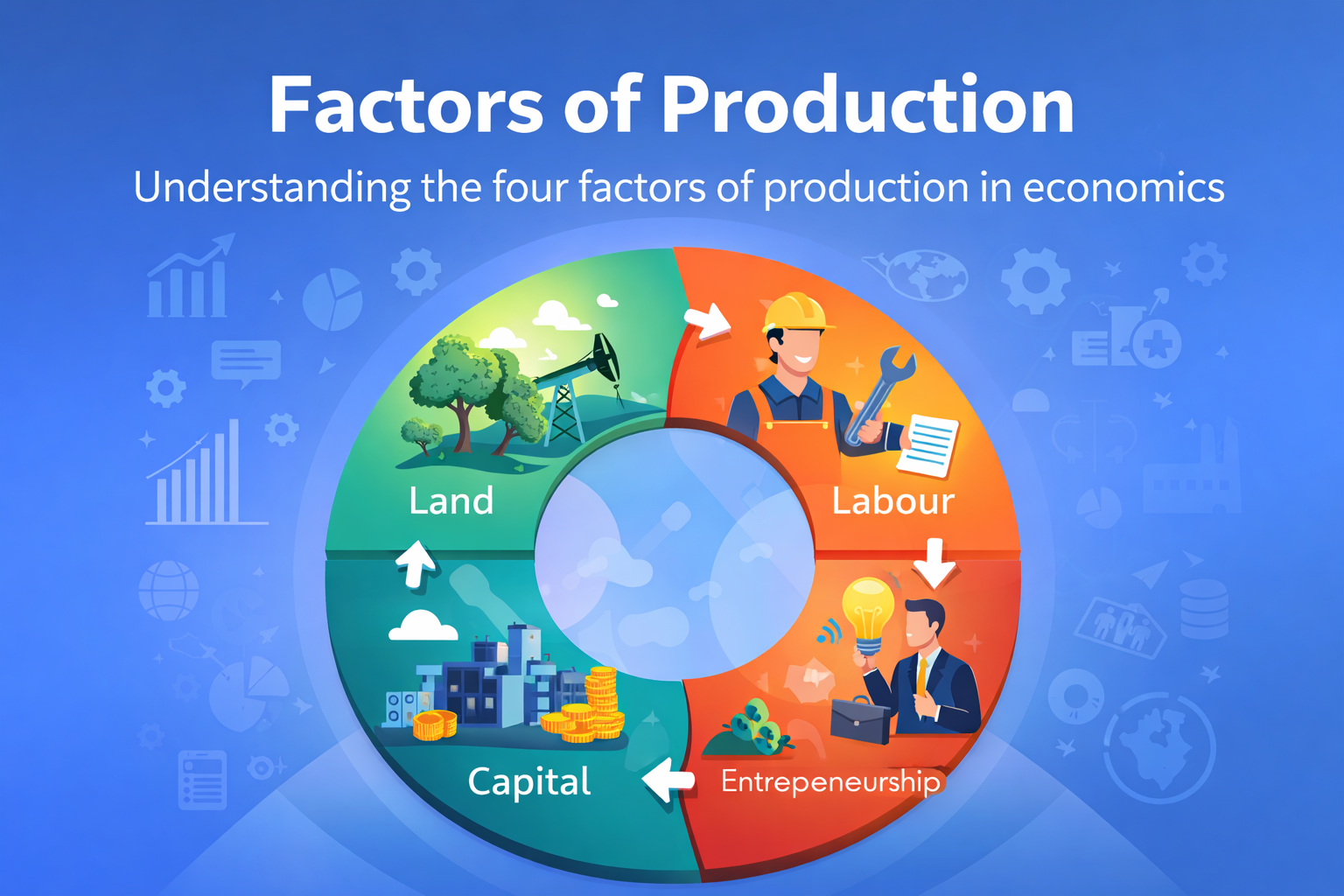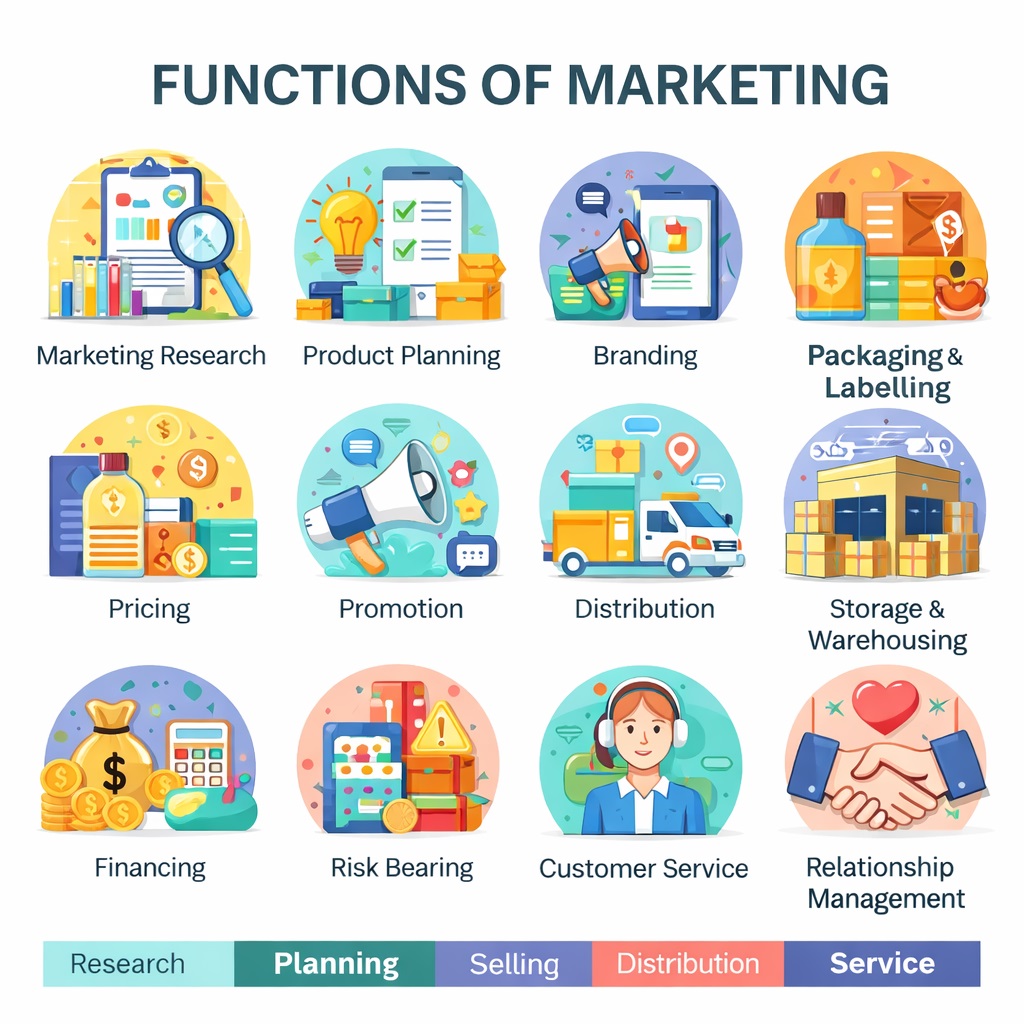Welcome to our blog, where we delve into the intricate world of supply chain management within the manufacturing industry! In today's fast-paced and dynamic business landscape, effective supply chain management is crucial for manufacturers looking to stay competitive and meet customer demands. From inventory control to supplier relationships, every aspect of the supply chain can present unique challenges that require careful navigation.
Join us as we explore some of the common hurdles faced by manufacturers in their quest for seamless supply chain and provide a glimpse into what lies ahead for this vital area of manufacturing. So buckle up, grab operations. We'll also discuss strategies and solutions that can help overcome these challenges your coffee (or tea!), and let's dive right in!
The Importance of Supply Chain Management in Manufacturing
In the vast world of manufacturing, supply chain management reigns supreme as a critical component for success. It serves as the backbone that connects various stages of production, from sourcing raw materials to delivering finished products into the hands of customers. Without efficient supply chain management, manufacturers risk facing a myriad of challenges that can hinder their ability to meet market demands and maximize profitability.
One key aspect where supply chain management shines is in ensuring optimal inventory control. By carefully monitoring stock levels and forecasting future demand, manufacturers are better equipped to prevent excess inventory or shortages that can result in financial losses or missed sales opportunities.
Moreover, effective supply chain management enables streamlined coordination with suppliers, fostering strong relationships built on trust and reliability. This collaboration ensures timely delivery of high-quality materials while minimizing disruptions along the production line.
Furthermore, embracing digitalization and integrating technology solutions has become paramount for manufacturers seeking an edge in today's technologically driven landscape. Supply chain software and ERP systems play a pivotal role in enhancing visibility across all stages of the supply chain, enabling real-time data analysis, streamlining processes through automation, and facilitating seamless communication between stakeholders.
In summary (Note: This sentence should not be included), robust supply chain management is vital for manufacturers aiming to optimize operations, reduce costs, improve customer satisfaction levels, increase agility, and stay ahead in an increasingly competitive marketplace. By focusing on aspects such as inventory control, strategic supplier relationship management, and leveraging digital tools like supply chain software and ERP systems ,manufacturers can overcome these challenges while paving the way towards a more resilient future.
Common Challenges in Supply Chain Management for Manufacturers
In the fast-paced world of manufacturing, supply chain management plays a crucial role in ensuring smooth operations and timely delivery of products. However, this complex process is not without its challenges. Let's explore some common hurdles that manufacturers often face when it comes to managing their supply chains.
First and foremost, one major challenge is inventory management. It can be tough to strike the right balance between having enough inventory to meet customer demands while minimizing excess stock that ties up capital. Poor visibility into demand patterns and inaccurate forecasting only exacerbate this issue.
Another prevalent struggle is supplier relationship management. Manufacturers rely heavily on their suppliers for sourcing raw materials and components, but maintaining strong relationships can be challenging. Issues such as late deliveries, quality control problems, or even sudden changes in pricing can disrupt the entire supply chain.
Furthermore, digitalization and technology integration present their own set of challenges for manufacturers. While automation and advanced technologies like IoT offer opportunities for streamlining processes, implementing new systems or software solutions can be daunting. Resistance from employees unfamiliar with these tools or difficulty integrating them with existing systems often hinders progress.
To overcome these challenges, manufacturers need to adopt effective strategies such as investing in supply chain software or ERP software solutions tailored specifically for their industry needs. These tools provide real-time data analytics, enhance collaboration between stakeholders across the supply chain network, improve inventory control accuracy and enable better decision-making.
By embracing innovative technologies and fostering strong partnerships with suppliers through effective communication channels like EDI (Electronic Data Interchange), manufacturers can transform their supply chains into efficient engines driving growth rather than stumbling blocks hindering success.
Inventory Management Issues
Inventory management is a crucial aspect of supply chain management in the manufacturing industry. However, it comes with its fair share of challenges. One common issue manufacturers face is overstocking or understocking their inventory. Overstocking means tying up valuable capital in excess inventory that may become obsolete or expire before being sold. On the other hand, understocking can lead to missed sales opportunities and loss of customer trust.
Another challenge is poor demand forecasting, which can result in inaccurate inventory levels. Manufacturers must accurately predict customer demand to avoid stockouts or excessive carrying costs.
Inefficient tracking systems also contribute to inventory management issues. Without real-time visibility into stock levels and movement, it becomes difficult for manufacturers to make informed decisions about restocking or reordering materials.
Managing multiple warehouses and distribution centers adds another layer of complexity to inventory management. Coordinating the movement of goods between different locations while ensuring optimal stock levels requires robust systems and effective communication across all departments involved.
Moreover, product obsolescence poses a significant risk in industries where products have short lifecycles or frequent updates. Manufacturers must carefully manage their inventory to minimize losses from outdated products.
To tackle these challenges, many manufacturers are turning towards advanced supply chain software solutions like ERP software that provide real-time visibility into inventory levels, automate order fulfillment processes, and optimize warehouse operations. These technologies enable better demand planning and forecasting accuracy while streamlining logistics operations for improved efficiency.
By addressing these Inventory Management Issues head-on through technology integration and process optimization strategies, manufacturers can ensure smoother operations throughout their supply chains while reducing costs and improving customer satisfaction.
Supplier Relationship Management Struggles
One of the key challenges in supply chain management for manufacturers lies in managing supplier relationships effectively. Building strong and collaborative partnerships with suppliers is crucial for ensuring a smooth flow of materials, timely deliveries, and quality control. However, it's not always a walk in the park.
Communication issues can hinder effective supplier relationship management. Misunderstandings or lack of clarity regarding expectations, specifications, and timelines can lead to delays or even faulty products reaching the market. Clear and open lines of communication are essential for addressing any concerns or resolving issues promptly.
Maintaining consistent quality standards across multiple suppliers can be challenging. Each supplier may have different production processes or quality control measures in place. Manufacturers need to establish rigorous quality assurance protocols and ensure that all suppliers adhere to them consistently.
Dependency on a single supplier poses risks such as disruptions due to unforeseen circumstances like natural disasters or bankruptcy. Diversifying the sourcing strategy by working with multiple reliable suppliers helps mitigate these risks while ensuring a steady supply chain flow.
Cost optimization remains an ongoing struggle when it comes to managing supplier relationships. Balancing competitive pricing with high-quality products requires careful negotiation skills and continuous evaluation of alternative sourcing options.
In conclusion (not conclusive), successful supplier relationship management involves clear communication channels, robust quality assurance systems, diversification strategies for risk mitigation, and constant efforts towards cost optimization. By addressing these struggles head-on through proactive measures and leveraging technology solutions like supply chain software or ERP software (keywords), manufacturers can strengthen their supply chains and drive business success.
Digitalization and Technology Integration Challenges
Digitalization and technology integration have become crucial aspects of supply chain management in the manufacturing industry. However, they also bring their fair share of challenges. One major challenge is the complexity of integrating various systems and technologies across different departments within a company.
Manufacturers often struggle with finding compatible software solutions that can seamlessly communicate with each other. This lack of integration leads to data silos and inefficiencies in information sharing, ultimately hindering decision-making processes.
Another challenge is the rapid pace at which technology evolves. Manufacturers need to constantly stay updated on emerging technologies and assess their potential impact on supply chain operations. Implementing new technologies requires careful planning, training employees, and sometimes even restructuring existing processes – all while minimizing disruptions to ongoing production.
Additionally, cybersecurity poses a significant concern when it comes to digitalization and technology integration in supply chain management. With increased connectivity comes an increased risk of cyber threats such as data breaches or unauthorized access to sensitive information. Manufacturers must invest in robust security measures to protect their digital assets from these potential risks.
Moreover, resistance to change among employees can impede successful adoption of new technologies. Some employees may be hesitant or resistant towards learning how to use unfamiliar software or embracing automated processes due to fear of job displacement or perceived complexities.
To overcome these challenges, manufacturers should prioritize strategic planning for technology adoption by conducting thorough research on available options tailored specifically for their industry needs. Additionally, investing in employee training programs can help alleviate concerns about technological changes by empowering them with necessary skills for efficient system usage.
In conclusion (without using those words), digitalization and technology integration are vital for modernizing supply chain management practices in manufacturing companies; however, overcoming the associated challenges requires proactive approaches such as seeking compatible software solutions, staying abreast with evolving technologies while ensuring cybersecurity measures are implemented effectively alongside addressing employee resistance through adequate training programs
Strategies for Overcoming Supply Chain Management Challenges
In the ever-evolving landscape of manufacturing, supply chain management is crucial to ensure smooth operations and customer satisfaction. However, it comes with its fair share of challenges. Let's explore some strategies that can help manufacturers overcome these obstacles.
Implementing advanced supply chain software or ERP (Enterprise Resource Planning) systems can streamline processes and enhance visibility across the entire supply chain network. These tools provide real-time data, enabling manufacturers to make informed decisions promptly.
Fostering strong relationships with suppliers is essential. Manufacturers should prioritize open communication and collaboration with their suppliers to address issues proactively and maintain a reliable flow of materials.
Investing in digitalization and technology integration can revolutionize supply chain management. Embracing technologies like IoT (Internet of Things), AI (Artificial Intelligence), and automation can optimize inventory management, reduce lead times, and improve forecasting accuracy.
Moreover, adopting lean manufacturing principles such as just-in-time production techniques minimize waste while ensuring efficient inventory levels. This approach helps avoid overstocking or stockouts that could disrupt the entire supply chain.
Furthermore, continuous improvement initiatives like Six Sigma methodologies enable manufacturers to identify bottlenecks in their processes systematically. By eliminating inefficiencies through data-driven decision-making practices, companies can achieve higher productivity levels while reducing costs.
Lastly but not least important: Collaboration among different departments within an organization is key to successful supply chain management in manufacturing. Breaking down silos between procurement teams, logistics personnel,
and production managers fosters seamless coordination throughout the entire process from sourcing raw materials to delivering finished products.
Conclusion: The Future of Supply Chain Management in Manufacturing
As we navigate through the complexities of supply chain management in manufacturing, it is evident that this field will continue to evolve and face new challenges. However, with each challenge comes an opportunity for growth and improvement.
The future of supply chain management lies in embracing technology and digitalization. Manufacturers must invest in supply chain software or ERP software to streamline their operations, improve efficiency, and enhance visibility across the entire supply chain network. These tools can automate processes, optimize inventory levels, facilitate real-time communication with suppliers, and enable data-driven decision-making.
Additionally, collaboration between manufacturers and suppliers will be crucial for successful supply chain management. Building strong relationships based on trust and effective communication can help overcome supplier relationship management struggles. By working together closely, manufacturers can align their goals with those of their suppliers to ensure a reliable flow of materials while minimizing disruptions.
Furthermore, implementing sustainable practices will become increasingly important in the future of supply chain management. As environmental concerns grow stronger worldwide, manufacturers need to adopt eco-friendly initiatives such as reducing carbon emissions or implementing recycling programs within their supply chains.



